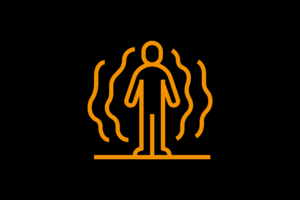
Stimming
Do you often find yourself tapping your fingers on your desk, twirling your hair, bouncing your foot or humming to yourself? These are just a

Do you often find yourself tapping your fingers on your desk, twirling your hair, bouncing your foot or humming to yourself? These are just a

Most of us learn about the 5 senses – hearing, seeing, touching, tasting, and smelling. We’re taught that these senses are how we experience

Once you have started to notice your own sensory differences and preferences, you can then start to experiment with ways to balance and juggle them

What is alexithymia? Alexithymia is a Greek word that literally translates as “no words for feelings”, and means difficulty with understanding and/or describing your feelings

What is interoception? We are all familiar with the five senses: smell, sight, touch, hearing and taste. But did you know we also have another

Autistic people often have lower sensitivity OR higher sensitivity with their internal senses. It is common for the levels of sensitivity to change according to

When you close your eyes, do you know where your arms and legs are without looking at them? That’s because of your sense of proprioception.

Autistic people often have lower sensitivity OR higher sensitivity with their body awareness. It is common for the levels of sensitivity to change according to

Have you ever wondered how your body knows if you’re spinning or moving? Well, that’s where your vestibular system comes into play. Inside your ears,

Autistic people often have lower sensitivity OR higher sensitivity with balance. It is common for the levels of sensitivity to change according to how relaxed,